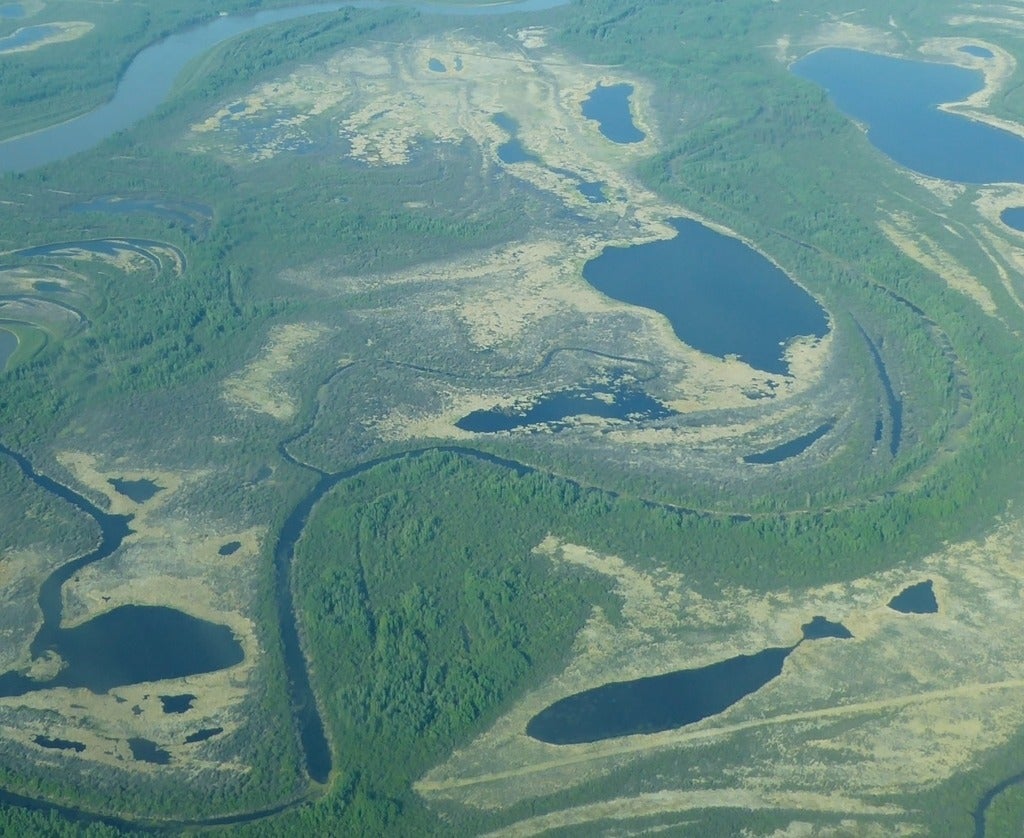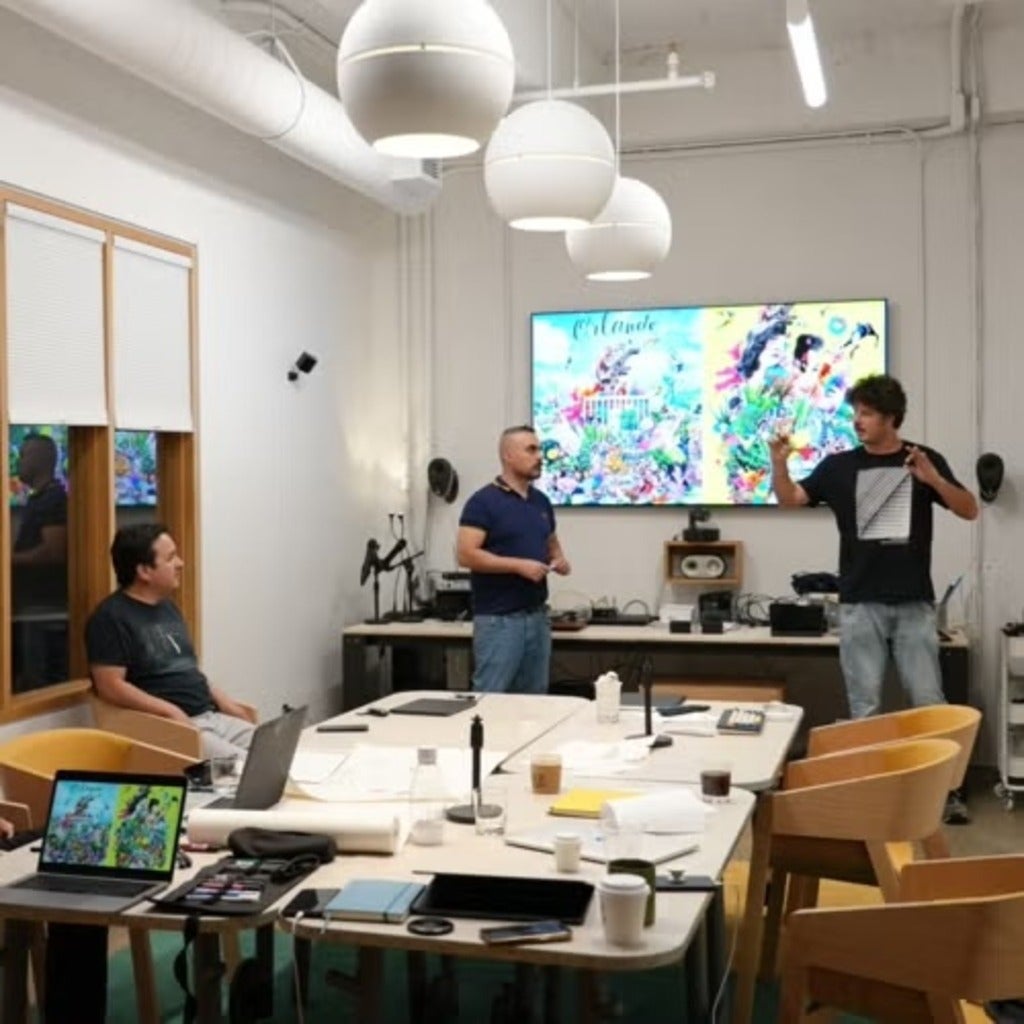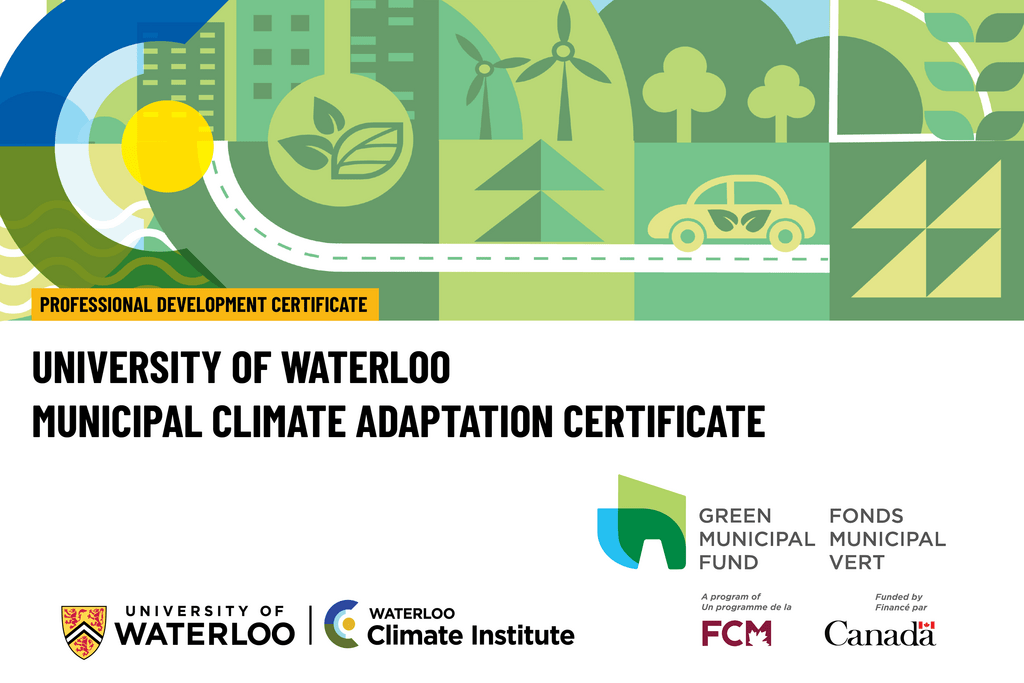New Policy Brief Calls for Long-Term Lake Monitoring to Protect Peace-Athabasca Delta
A new policy brief from the Waterloo Climate Institute led by Dr. Laura Neary, Prof. Roland Hall and Prof. Brent Wolfe is urging governments and stewardship bodies to act quickly to establish long-term lake monitoring in the Peace-Athabasca Delta (PAD), the world’s largest freshwater boreal delta, amid growing pressures from climate change and major energy developments.









